How to Get Your Insurance License: A Step-by-Step Best Guide 2024
Entering the world of insurance is a promising career choice, but it starts with the crucial step of obtaining an insurance license. Whether you’re aiming to specialize in life insurance or explore other realms of the industry, understanding the nuances of insurance licensing is essential. This certification not only validates your ability but also ensures you meet the regulatory standards to effectively serve clients and sell insurance products in your state.
In this comprehensive guide, we delve into the essentials of acquiring an insurance license, highlight the specific pathway for life insurance username and password, and explore the state-specific requirements that can impact your journey. By navigating these licensing intricacies with clarity and precision, you can pave a successful career path in the insurance sector, equipped to deliver financial security and trust to your clients.
Understanding the Basics of Insurance Licensing
What is an Insurance License and Why is it Important?
Obtaining an insurance license is a crucial step for anyone looking to embark on a career in the insurance industry. An insurance license demonstrates your credibility and knowledge, ensuring you meet the legal requirements to sell insurance products in your state. Whether you aim to sell life insurance, health insurance, or any other type of policy, holding a valid insurance license is a mandatory requirement.
This certification not only boosts your professional standing but also builds trust with clients, assuring them of your competency and adherence to industry standards. Furthermore, understanding and complying with state-specific requirements, which can be reviewed on platforms like the National Insurance Producer Registry (NIPR), is vital for maintaining your license and continuing your career in insurance without legal hiccups.
Steps to Obtain an Insurance License: A Comprehensive Guide
The journey to obtaining your insurance license begins with determining the type of insurance you want to sell. Once you’ve pinpointed your focus, the process typically involves several key steps. First, you need to complete a pre-licensing education course that covers the necessary state-specific material and gives you the foundational knowledge you need.
After completing your coursework, the next step is to schedule and pass the state insurance licensing exam, which tests your understanding of insurance principles and practices. Post-exam, you’ll submit your application to the state’s insurance department, often through a platform like NIPR, which streamlines the licensing process. As you prepare for each step, keep in mind that continuous education and renewal are integral to maintaining your license in good standing. Embracing tools and resources from trusted platforms can simplify the path to becoming a licensed insurance professional.
Navigating Life Insurance Licensing Requirements
Obtaining a life insurance license can significantly enhance your career in the insurance industry, allowing you to sell life insurance policies and provide financial security to clients. Whether you’re new to the field or looking to expand your expertise, understanding the intricacies of life insurance licensing is crucial. This guide will walk you through the essential requirements, state-specific regulations, and key differences between life insurance licenses and other types of insurance licenses.
Key Differences Between Life Insurance Licenses and Other Insurance Licenses
When pursuing a career in insurance, it’s important to recognize that not all insurance licenses are created equal. Life insurance licenses specifically allow you to sell life insurance policies, while other licenses, such as property and casualty insurance licenses, cover different types of products, like auto or home insurance. The primary distinction lies in the nature of the insurance products and the specific knowledge required to sell them effectively.
Each type of license requires passing a separate exam and meeting varying educational prerequisites. As you prepare to obtain your life insurance license, consider leveraging resources like National Insurance Producer Registry (NIPR) to ensure you meet all necessary requirements. By understanding these differences, you position yourself for a more targeted career path in the insurance sector.
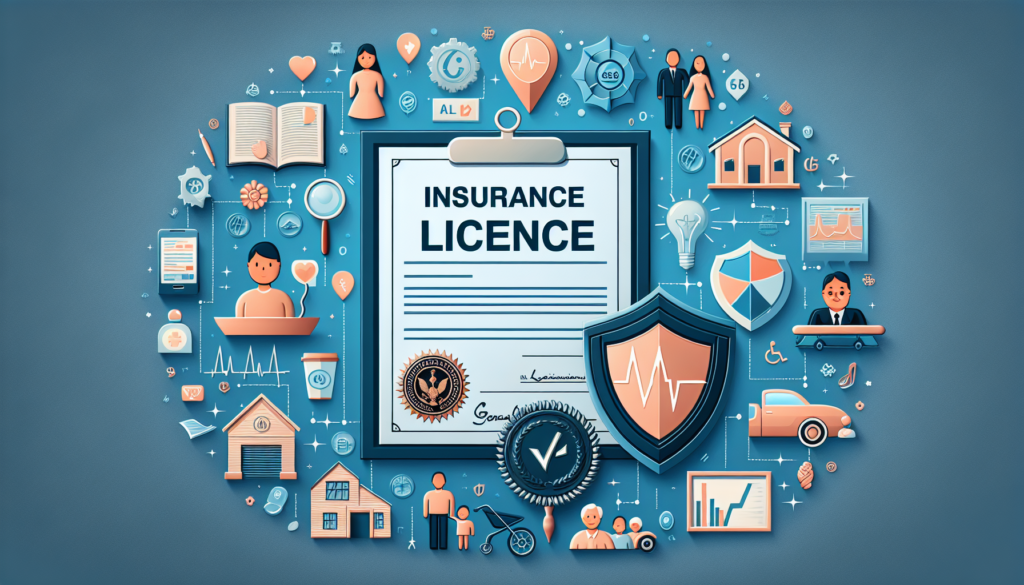
State-Specific Requirements for Life Insurance Licensing
Life insurance licensing requirements vary significantly from state to state, making it essential to familiarize yourself with the specific regulations in your area. Most states require aspiring life insurance agents to complete pre-licensing education courses, which cover the fundamentals of life insurance and relevant state laws.
Following this, you must pass a state-administered exam to demonstrate your understanding of life insurance concepts and compliance with state regulations. States like New York and California may have additional stipulations, such as fingerprinting or background checks, as part of the licensing process. Staying informed through reliable platforms like NIPR can streamline your path to licensure, keeping you updated on any changes in state requirements. This preparation ensures you can confidently embark on a career in life insurance, equipped with the necessary credentials to succeed.
Conclusion
In conclusion, obtaining an insurance license, and more specifically a life insurance license, is a foundational step for anyone aspiring to build a career in the insurance industry. This credential not only affirms your expertise and professionalism but also ensures compliance with state-specific regulations, which are essential for legally selling insurance products.
Understanding the distinctions between different types of insurance licenses, such as life insurance and property and casualty insurance, enables you to tailor your career path and better serve your clients’ needs. Navigating the licensing process requires dedication to education and adherence to varying state requirements, which can be efficiently managed through resources like the National Insurance Producer Registry (NIPR). By equipping yourself with the right knowledge and credentials, you can confidently offer financial security to clients and thrive in the dynamic world of insurance.
Read more.. Business Licenses and Renewals in California: A Comprehensive Guide
FAQ
1. What are the steps to obtain an insurance license?
To obtain an insurance license, you need to complete a pre-licensing education course, pass the state insurance licensing exam, and submit your application through your state’s insurance department, often using platforms like the National Insurance Producer Registry (NIPR). Continuous education and renewal are necessary to maintain your license.
2. How does a life insurance license differ from other types of insurance licenses?
A life insurance license specifically allows the sale of life insurance policies, whereas other licenses, like property and casualty, permit the sale of different products such as auto or home insurance. Each license type requires passing a separate exam and meeting distinct educational prerequisites.
3. What qualifications do I need to apply for a life insurance license?
To apply for a life insurance license, you must complete pre-licensing education courses covering life insurance fundamentals and relevant state laws, and pass a state-administered exam. Additional requirements, such as fingerprinting or background checks, may be necessary in certain states.
4. How long does it typically take to get an insurance license?
The time it takes to obtain an insurance license varies by state and individual preparedness but generally includes a pre-licensing course, scheduling and passing the exam, and completing the application process, which can take several weeks to a few months.
5. Are there any continuing education requirements for maintaining a life insurance license?
Yes, maintaining a life insurance license requires fulfilling state-specific continuing education requirements to ensure compliance and up-to-date knowledge of industry standards and practices. These requirements help maintain the validity of your license for uninterrupted career advancement.

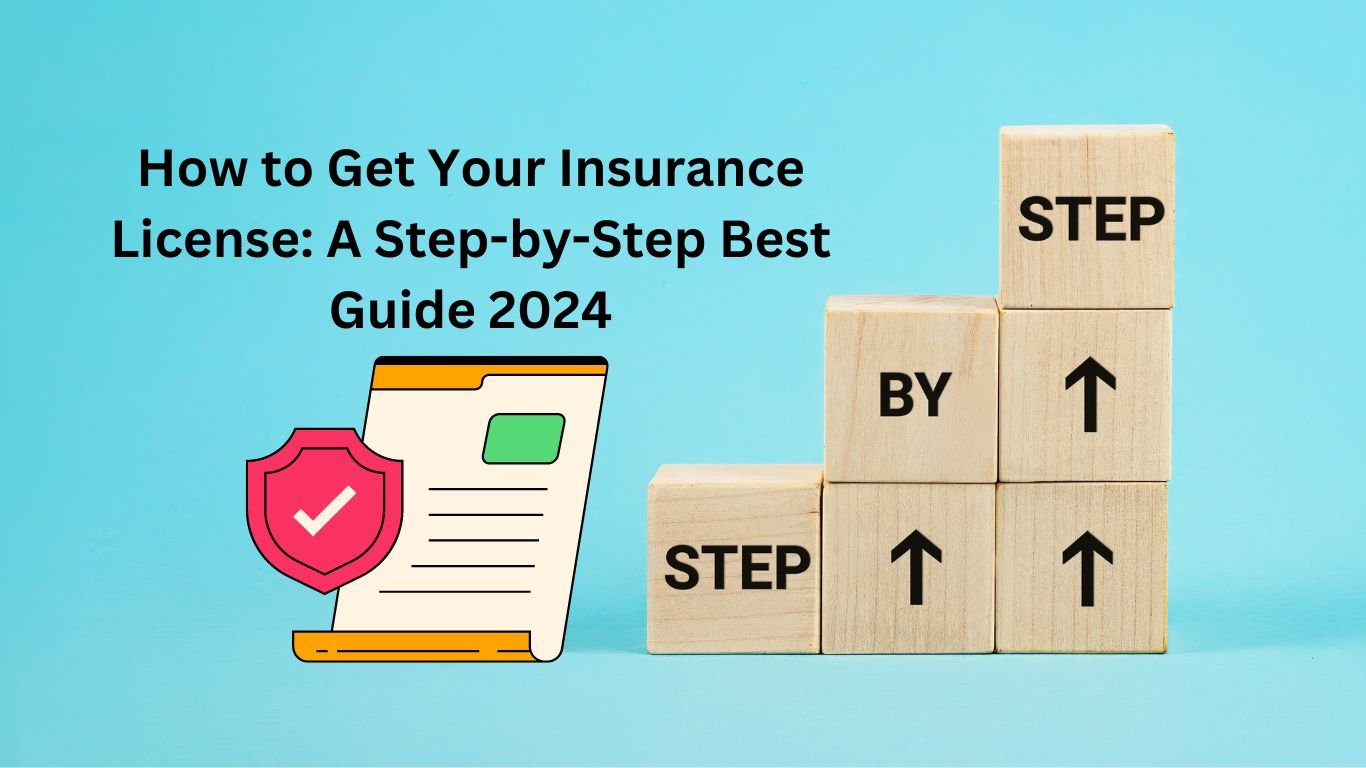
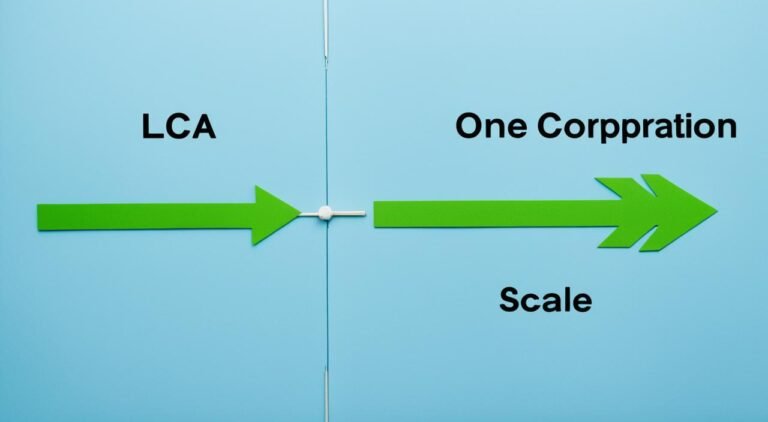


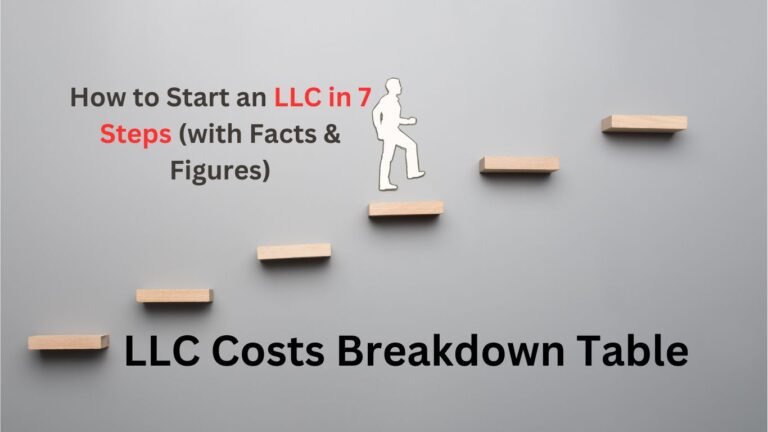
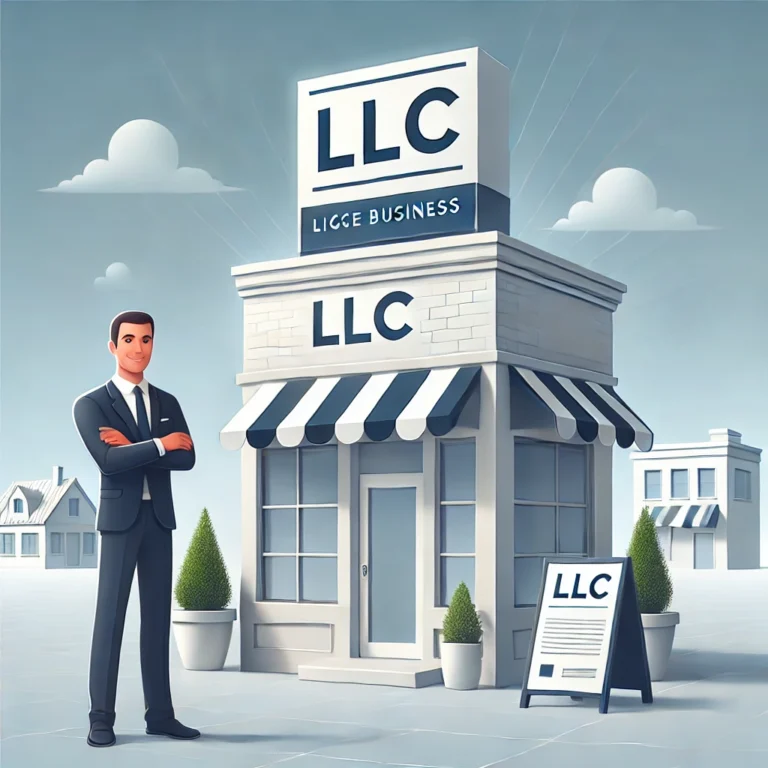
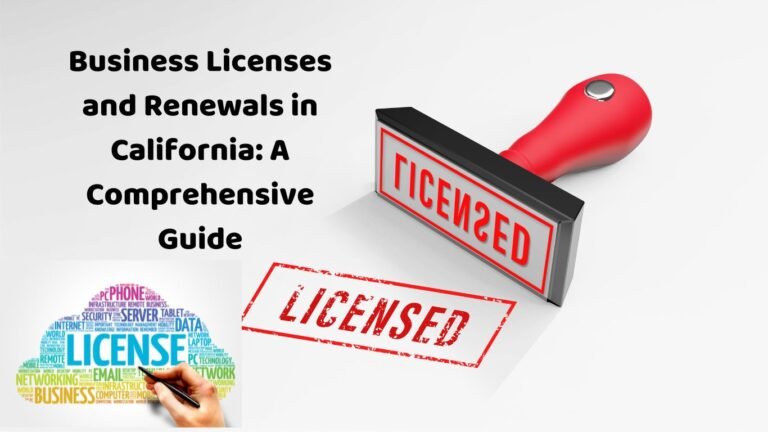
One Comment